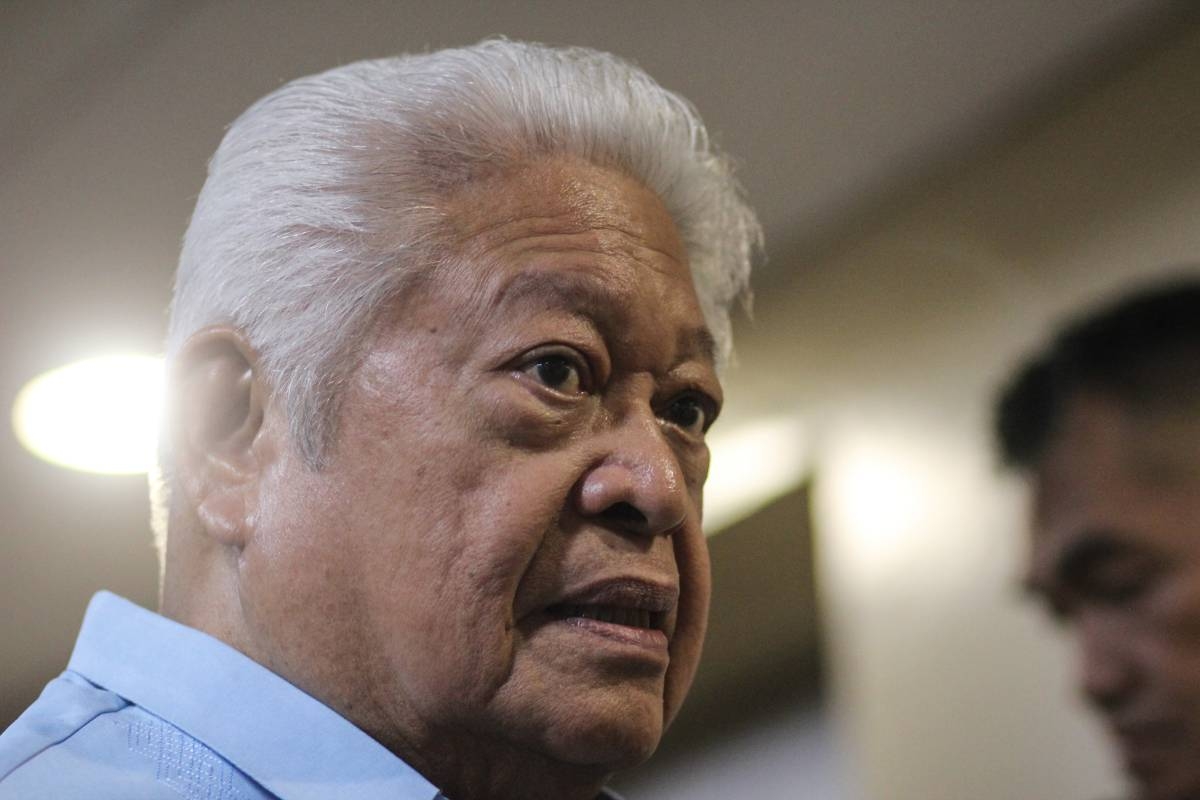In a recent statement, Albay 1st District Representative Edcel Lagman made a claim that lawmakers from the supermajority coalition in the House of Representatives have initiated a campaign for Charter change (Cha-cha) through the people’s initiative. Lagman revealed that municipal mayors from his district were informed of a “general meeting on January 5 by the League of Mayors of the province with an undisclosed agenda.”
According to Lagman, the mayors were notified that the “People’s Initiative” would be used as a means of amending the constitution. They were also provided with “mobilization funds” and forms that needed to be signed by at least three percent of the registered voters in their respective legislative districts. As an incentive, voters who signed the petition for the people’s initiative would receive P100.00 each, with 50 percent of the amount already advanced to the municipal mayors and coordinators.
Lagman suggested that this campaign is not limited to his district but is apparently a nationwide effort, as representatives from various political parties have been sent the necessary forms. However, Lagman raised concerns regarding the absence of a “compliant implementing law” for amending the constitution through a people’s initiative. He cited the Supreme Court’s ruling in Santiago vs. Comelec, which acknowledged that the constitution allows amendments to be directly proposed by the people but emphasized the lack of a specific implementing law for this purpose. Lagman also pointed out the Lambino vs. Comelec ruling, where the Supreme Court denied a petition for a people’s initiative due to “various fatal defects.”
Lagman posed several questions that need to be addressed in relation to this campaign: (1) Who is behind this campaign? (2) What are the proposed amendments being pursued? (3) Where are the funds coming from? and (4) Why resort to buying the voters’ initiative?
However, former House Committee on Constitutional Amendments chairman and former Ako Bicol party-list representative Alfredo Garbin Jr. countered Lagman’s claim by stating that there is indeed a law implementing the People’s Initiative. He referred to the Lambino ruling, where 10 justices reiterated that Republic Act (RA) 6735, which enables people’s initiative as one of the modes to change the constitution, is sufficient and adequate as an enabling law. Garbin emphasized that the court’s resolution on the motion for reconsideration noted that the majority of the justices voted to declare RA 6735 sufficient and adequate for a People’s Initiative, effectively abandoning the ruling in Santiago vs. Comelec.
As of now, Speaker Ferdinand Martin Romualdez and House Majority Leader Manuel Jose “Mannix” Dalipe have yet to respond to Lagman’s accusations. However, Romualdez previously stated that the House of Representatives’ focus for 2024 would be amending certain provisions of the 1987 Constitution to enhance the country’s investment and economic space. House Senior Deputy Speaker Aurelio Gonzales Jr. added that they are open to amending the constitution through different modes provided by the law, such as people’s initiative, constituent assembly, or a constitutional convention.
The claims made by Lagman and the counterarguments put forth by Garbin have sparked a debate within the House of Representatives regarding the legality and feasibility of using the people’s initiative as a means of Charter change. As this issue unfolds, it is crucial for lawmakers to address the concerns raised by Lagman and ensure transparency and accountability throughout the process. The potential amendments to the constitution and the source of funds must be made clear to the public, as these decisions will have a profound impact on the country’s governance and future.
Source: The Manila Times








